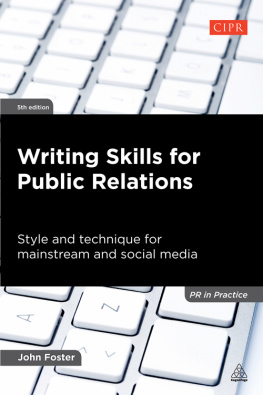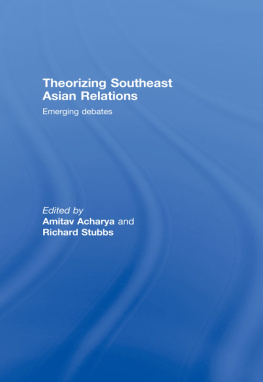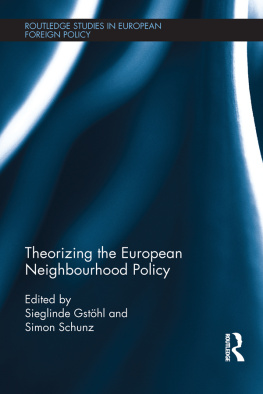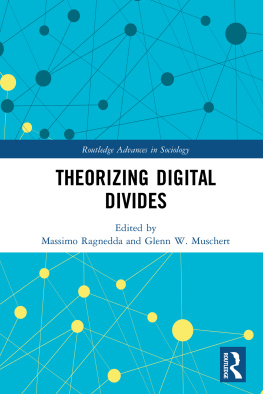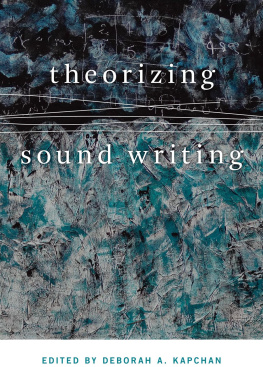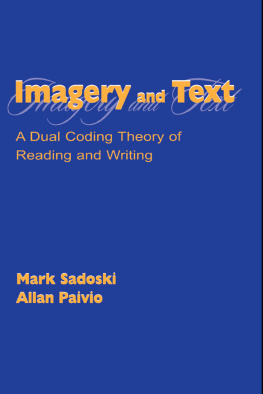
METHODS FOR SOCIAL THEORY
This book constitutes a practical guide to the important skills of both theorizing and writing in social scientific scholarship, focusing on the importance of identifying relations between concepts that are useful for explaining social entities and of producing a text that convincingly advances the theory that has been constructed. Taking as its point of departure the distinction between the research process and the reporting process between clarifying ones ideas to oneself and writing to express these ideas clearly to others this volume concentrates on writing when theorizing as a way of thinking, emphasizing the series of relations that exist between ontology, epistemology and rhetoric upon which successful theoretical writing depends.
Richly illustrated with practical examples, the book is divided into two parts, the first of which presents techniques for theorizing based upon visualized and logical connections of ideas, concepts and empirical patterns in both free and systematic ways, and the second part providing techniques for structuring and presenting arguments in essays, papers, articles or books. As such, Methods for Social Theory offers a toolbox for the development and presentation of social thought, which will prove essential for students and teachers across the social sciences.
Jan Ch. Karlsson is Professor of Organization, Faculty of Business, Languages, and Social Sciences, Ostfold University College, Norway.
Ann Bergman is Professor of Working Life Science at Karlstad University, Sweden.
METHODS FOR SOCIAL THEORY
Analytical tools for theorizing and writing
Jan Ch. Karlsson and Ann Bergman
First published 2017
by Routledge
2 Park Square, Milton Park, Abingdon, Oxon OX14 4RN
and by Routledge
711 Third Avenue, New York, NY 10017
Routledge is an imprint of the Taylor & Francis Group, an informa business
2017 Jan Ch. Karlsson and Ann Bergman
The right of Jan Ch. Karlsson and Ann Bergman to be identified as authors of this work has been asserted by them in accordance with sections 77 and 78 of the Copyright, Designs and Patents Act 1988.
All rights reserved. No part of this book may be reprinted or reproduced or utilised in any form or by any electronic, mechanical, or other means, now known or hereafter invented, including photocopying and recording, or in any information storage or retrieval system, without permission in writing from the publishers.
Trademark notice: Product or corporate names may be trademarks or registered trademarks, and are used only for identification and explanation without intent to infringe.
British Library Cataloguing-in-Publication Data
A catalogue record for this book is available from the British Library
Library of Congress Cataloging-in-Publication Data
Names: Karlsson, Jan, 1948- author. | Bergman, Ann (Professor in Working Life Science), author.
Title: Methods for social theory: analytical tools for theorizing and writing / Jan Ch. Karlsson and Ann Bergman.
Description: Abingdon, Oxon; New York, NY : Routledge, 2017. | Includes bibliographical references and index.
Identifiers: LCCN 2016021735 | ISBN 9781472472816 (hardback) | ISBN 9781472472847 (pbk.) | ISBN 9781315595115 (ebook)
Subjects: LCSH: Social sciencesPhilosophy. | Social sciencesAuthorship.
Classification: LCC H61 .K274 2017 | DDC 300.1dc23LC record available at https://lccn.loc.gov/2016021735
ISBN: 978-1-4724-7281-6 (hbk)
ISBN: 978-1-4724-7284-7 (pbk)
ISBN: 978-1-315-59511-5 (ebk)
Typeset in Bembo
by Sunrise Setting Ltd., Brixham, UK
There are many excellent books on methods, social theory and writing. Books on social theory usually describe, and perhaps compare, theories. Books on writing generally follow the writing process from start to finish. However, to our knowledge, there are not any books that combine these two dimensions and provide analytical and practical tools for both theorizing and how to present a theory to an audience through systematically structuring the argumentation. Thus, we intend this book as a resource for improving your skills to handle social theory in a creative and systematic way, whether you are a first year student, a PhD student or a professional researcher. The tools for theorizing that we present, which are displays and property spaces, can be used from the initial ideas about concepts at the first course in studying social science over theoretical development in a doctoral dissertation to producing a new theory as a senior researcher. The tools for writing, mainly the Model of Argumentation, are applicable from the first essay to the teacher at the first course over the doctoral dissertation to an article submitted to a high impact journal.
Thus, by bringing together the fruitful visual formats of unbound displays and more bound property spaces with a model of argumentation, we offer the reader tools to visualize and systematize theories and concepts when theorizing. We do so as we believe that the visualizing capacity of displays and property spaces are suitable to drag out and clarify fuzzy ideas and relationships in the research process, when the writing is mainly for the authors themselves. The Model of Argumentation is, on the other hand, a helpful tool in the reporting process, when arguments are laid out in texts that are produced for an external reader.
Although the book consists of different parts, there is an ontological and epistemological backbone to the book that has guided us in our writing and the tools presented. This backbone is as follows: social entities consist of relations and relations between relations; social theories are therefore constructed by relations between examined concepts; theorizing is in consequence trying to find relations between concepts that are fruitful for explaining social entities; and social science texts are as a result built up by systematic relations between arguments in order to convince an audience about the value of a theory. However, this rather abstract confession takes a broad range of manifest forms in the book.
There are different reasons why books are written. In this specific case, the book grew out of our teaching for many years at different levels in sociology, working life science and gender studies where we had to produce our own material as a result of the lack of course literature. Another source of inspiration is our experiences as researchers when it comes to theorizing and writing articles and books. All in all, this gave birth to the idea of putting together a book, which meant that we collected a wide range of notes for lectures, PowerPoint presentations and other types of slides, case studies and other material for workshops, memos to ourselves and students course evaluations. As we point out in the book, writing for an audience means systematizing arguments and this has also inspired or forced us to read extensively in order to orientate in the literature on theorizing and writing social science. In sum, the writing process has been an enormous learning process for us and we definitely did not end up where we thought we would when we started. However, we hope that readers too will learn a few things from this product of that process and that they will have use for them in their own theorizing and writing.


